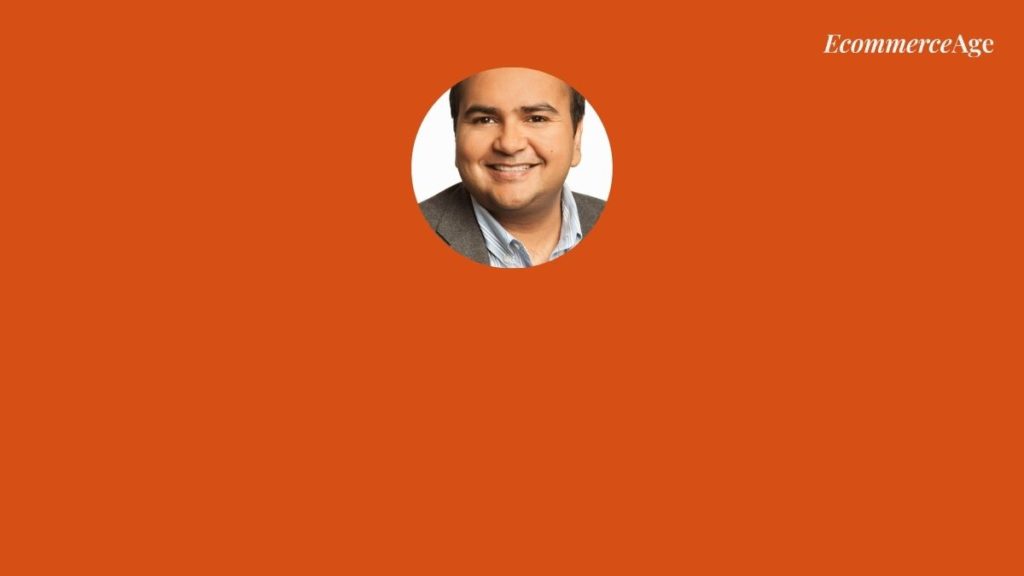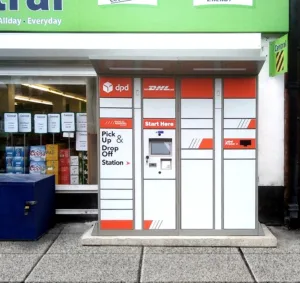In a new series, ECA is talking to the heads of ecommerce at agencies and brands to find out what the industry’s leading players thing about the future of the ecommerce industry. First up is Mudit Jaju, Global Head of Ecommerce at Wavemaker.
Covid-19 accelerated many trends, what behaviours do you expect to continue post pandemic?
I expect purchase journeys to become shorter and consumers to make decisions faster – we will see a lot more of the immediate purchasing. What this means is that brands have to be front of mind for consumers before the consumer ever initiates the purchase journey…the full focus on performance marketing towards the end of the funnel will need to be re-examined.
How important is personalisation in ecommerce?
I think personalization of communications is mission critical. It’s been done so well by platforms like Amazon that it’s become a bit of a default expectation. Consumers expect advertising and recommendations to be personalised to them, and I don’t think this is really even an optional now.
However, with personalisation of products: there are some categories where it works beautifully, and generally this is a personalisation of the CX but we have seen things like made to order fashion – NikeID is a good example…that said, I think the personalisation of the product makes sense if there is an intrinsic value to it, but the personalisation of the experience is where a brand can really make a meaningful commercial impact.
What are the challenges around the increasing amounts of data being generated by brands – and the need to surface it in real-time across multiple touchpoints?
Knowing what bits you can ignore is just as important – and this is where a sound data strategy comes into play. If you get driven by all the data that is made available you can easily overwhelm yourself, which is why my recommendation is always to figure out what you want with data and then look for ways to use it, rather than using it for its own sake.
There’s sufficient progress made in the ETL space – though more can always be done – but operationalising the data and turning it into insights is the tough part. This also candidly is where the talent piece comes in: you have to have people in your team who know what to do with the data to make it business driving.
How is DTC continuing to disrupt the market?
The barriers to entry keep getting lower…hosting platforms, payment providers, 3PL…it is in some ways easier than ever, which is why we’re seeing a lot of copycat brands rise and every micro niche being addressed. This ties back to the point around personalization mattering so much. As a result, its become really important to build a distinctive brand – what I think some of the DTC brands get wrong is that it all starts to look very same-y: Instagram, Google PPC, TikTok and a bit of influencers.
I recently went on holiday to the seaside and saw ads on Instagram ads for no less than 17 brands of colourful swimming trunks worn by well-groomed men. I couldn’t tell you the name of a single brand because they all looked the same in product and in communications and they all used the same three platforms.
And marketplaces?
Does it count as disruption if you are the establishment?
Marketplaces single minded focus on scaling is well founded – if that’s all they do, that’ll be amazing. The rapid evolution of their media capabilities is a clear step in this direction, to become really big players in the sectors they have historically lagged in – such as CPG. Brands can essentially jump the queue to gain traction on a marketplace by smart use of media.
How important is sustainability and ESG in a brand’s ecommerce strategy?
Ecommerce brings transparency like never before to a brand – and consumers are very aware, and very conscious of they buy from. Its why DTC has taken off in such a big way because consumers want more direct control.
I love what is happening in the coffee space with the bean-to-home journey becoming very clear and a number of brands emerging who are very tied to their ESG goals in this way. Data is a double edged sword: you may know lots about your consumer, but your consumer also knows lots about you.
What platform or technology are you most excited about at the moment when it comes to ecommerce?
I am loving what is happening in the quick delivery space – I think some of these platforms are excellent, and some are bonkers. But, they allow us to create entirely new purchase journeys and usage occasions.
The parts of retail that havent been able to ride the ecommerce wave, impulse foods for example, are seeing a real shift to these platforms. I think it would be a mistake to see them as just another extension of convenience or ecommerce channels…they are an entirely new channel in their own right.







